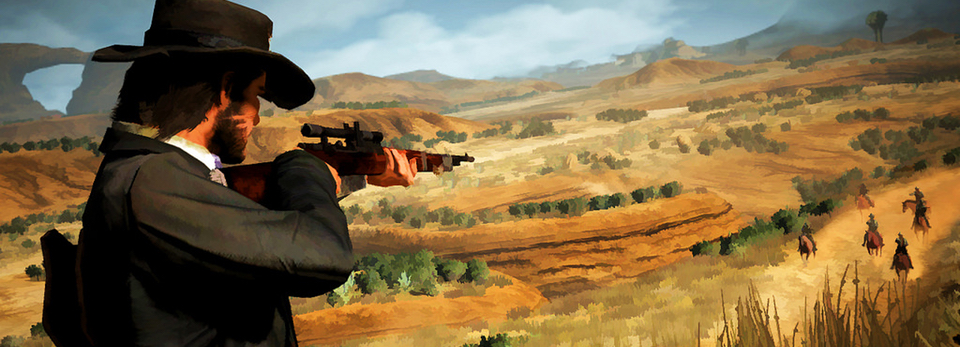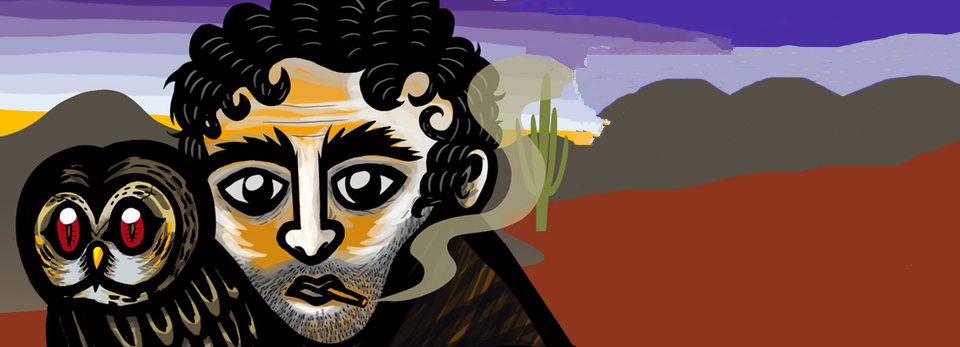From the space of books to space in books While the debate rumbles on between those who contend that games tell stories in ways unique to the medium (ludologists), and those who argue that games resemble literary narratives (narratologists), literary scholars have sought to ask reciprocally what games can tell us about conventional modes of storytelling in print.
View More What Game Worlds Can Teach Us About Literary WorldsCategory: Issue 5.3
The Contemporary Historical Novel & the Novel of Contemporary History
What is historical fiction? “Everyone knows what a historical novel is,” Avrom Fleishman states, “perhaps that is why few have volunteered to define it in print” (Fleishman 3). However, literary prizes – those institutions of canon-making – have little, if any, qualms when it comes to advancing their own sense of what constitutes historical fiction in the 21st century.
View More The Contemporary Historical Novel & the Novel of Contemporary HistoryThe Semblances of Roberto Bolaño
When a priest and literary critic returns from providing secret lessons on Marxism to General Pinochet in Roberto Bolaño’s By Night in Chile (2000), his friend asks him what the new Chilean leader is like. “I shrugged my shoulders, as people do in novels, but never in real life” is his response (Bolaño, 2000: 97). Bolaño’s fiction displays an uncanny ability to undercut the art form…
View More The Semblances of Roberto BolañoConsuming Television’s Golden Age with Hannibal Lecter
When F.B.I. Forensic Profiler, Will Graham, stands before a murder scene in NBC’s Hannibal, his preternatural empathy for the show’s killers animates the tableau before him, restaging their crimes and allowing him access to their motivations. “This is my design,” Graham whispers in early episodes, as he gleans from the swoop of a blood spatter, or the arrangement of severed limbs…
View More Consuming Television’s Golden Age with Hannibal Lecter



